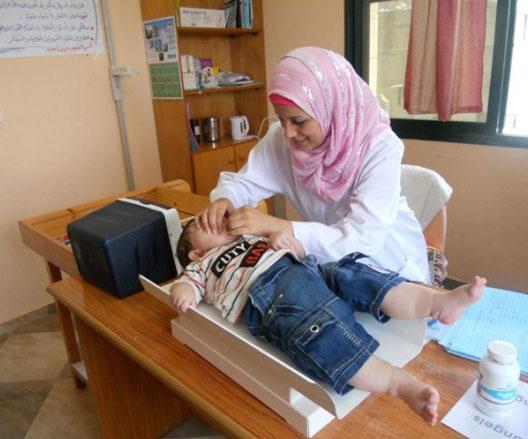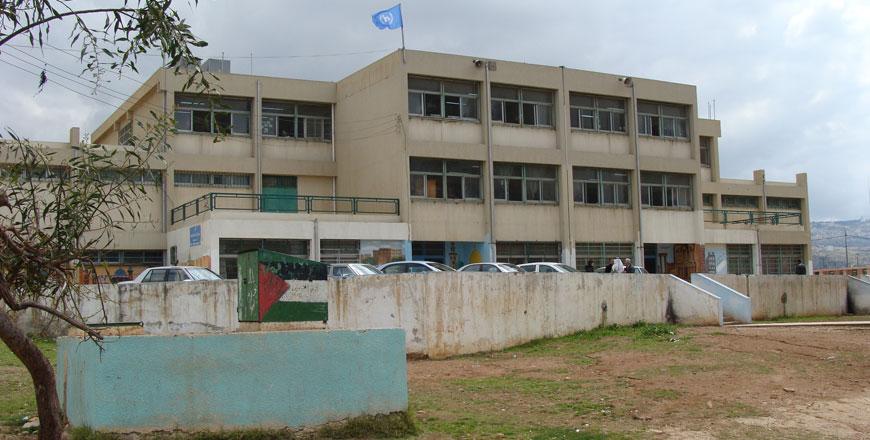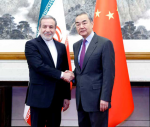You are here
UNRWA will take tough decisions as financial crisis deepens
By Laila Azzeh - Jul 14,2015 - Last updated at Jul 14,2015
AMMAN — Deemed as the only UN agency that is dedicated to serve a specific national community, UNRWA is now facing a chronic financial crisis that might jeopardise its role as a safety network for some 5 million Palestinian refugees.
After "relentless" efforts to reach out to new donors while appealing to traditional contributors for more funds, it is feared that the relief agency has reached a deadlock that would risk the sustainability of its services, according to an informed source.
"The financial situation of the agency has reached a high level of difficulty with the commencement of July. Efforts to bridge the budget gap, estimated at $101 million, did not bode well," Sami Mshasha, UNRWA's spokesperson, told The Jordan Times on Tuesday.
In a bid to mitigate the impact of the crisis, the agency took a series of austerity measures, including eliminating general expenditures — general expenses that do not affect services — and terminating the contracts of a group of international consultants and those working short-term.
"These measures did not help much," Mshasha noted.
The main reason that aggravated the financial difficulties of UNRWA is the "inability" of some donors, who have been loyal to the agency since 1950, to "keep-up pace with the number of refugees and the growing number of whom who are falling under the poverty line".
The other reason is related to the instability of regions that host Palestinian refugees, such as Syria and Gaza, which made the agency direct its spending for emergencies.
"And there is only a limited time span to address this. We will have to take some tough decisions in the upcoming stage," said the spokesperson.
Asked whether the agency is considering the option of closing down schools, especially as education is perceived as the most important service provided by the agency, Mshasha noted that UNRWA "will not entertain such a question now".
However, he did not deny the possibility of taking measures that might impact the upcoming scholastic year.
Nearly 80 per cent of UNRWA's funds are directed to its 700 schools in the agency's five fields of operations, run by 22,000 employees who provide education to half-a-million students.
The good news, according to Mshasha, is that UNRWA has enough funds to keep up the health and waste management services till the end of the year.
“We share the concern of refugees and UNRWA staff,” he said.
In the recent meeting of the advisory commission, which was held in Amman, the relief agency highlighted that it is facing the most profound crisis since the original crisis in 1948, prompting host countries to address concerns over the fate of the refugees, many of whom are about to become part of an “imperilled” community in conflict zones.
Jordan bluntly voiced its concern over the financial situation of the agency and the growing gap between its needs and income, especially with around 42 per cent of the total number of Palestinian refugees residing in the Kingdom.
The day the meeting was held some 30,000 UNRWA staff, including 7,000 in Jordan observed a one-hour work stoppage in protest of the agency’s planned austerity measures, despite confirmations by the commissioner general, Pierre Krahenbuhl, at that time that the “costs will be cut around services to sustain them”.
Today, nearly one-third of the 5 million registered Palestine refugees, about 1.5 million individuals, live in 58 recognised refugee camps in the region.
Related Articles
AMMAN – Jordan on Wednesday said it totally rejects any “shirking” of responsibilities towards UNRWA, the only UN agency that is dedicated t
AMMAN — UNRWA's financial woes and the complexity of its mission amid the regional unrest were featured high on the agenda of the agency's a
AMMAN — UNRWA’s “unprecedented” funding policies succeeded in reducing its fiscal deficit from $446 million to $217 million in record time,














